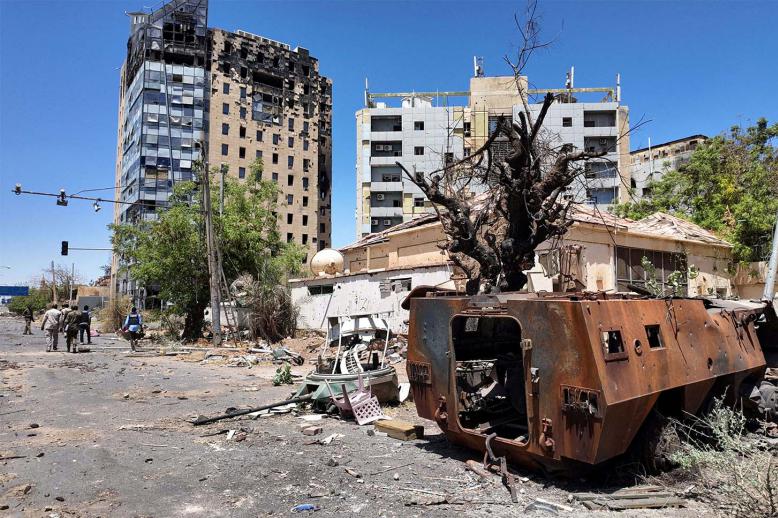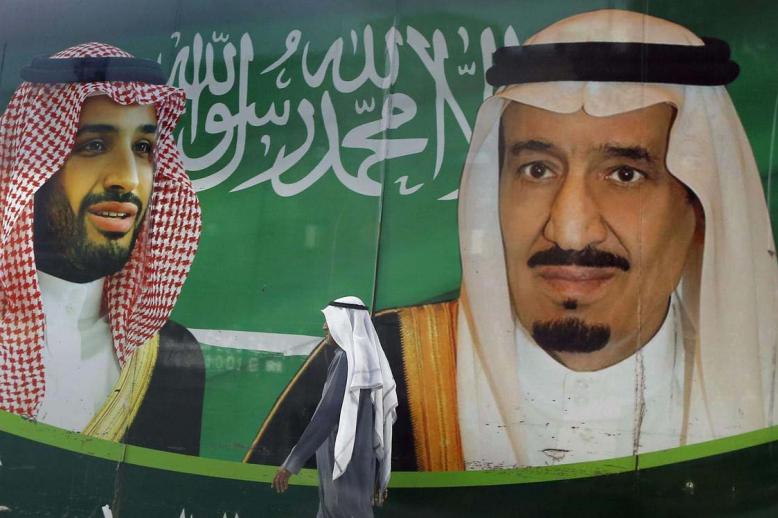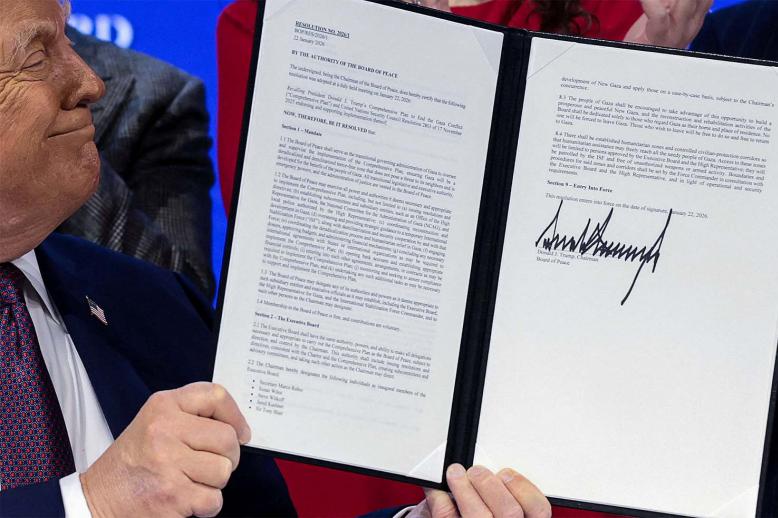The myth of state accountability in Iraq
Iraq’s October uprising beckoned a predictable response from Baghdad, whose survival has relied upon extralegal violence — from snipers-for-hire to internet blackouts. The death count is rising while the names of fallen — men, women, children and families — are publicly acknowledged.
What is not is the identity of those responsible.
Indifference towards the growing tally of casualties stretching across southern Iraq and the iron fist state-aligned forces cower behind expose the mythical texture of state accountability.
Thuggery and not the law — whose penal codes rehearse the right admonitions — determines the course of state action. Condemnation is reserved for civilians while the criminally righteous are let off the hook.
The shield journalists were promised after the ratification of the country’s Journalist Protection law in 2011 has again exposed the weakness of legislation that civil society rejected on proposal as yet another muzzle on press freedom.
The assassination of Dijla TV journalist Ahmed Abdelsamad and cameraman Safaa Ghali by Iran-serving militias on January 10, as comrades told local media, has seen criticism apply to Iraqi Journalists Syndicate (IJS). This was the charge made by Abdelsamad’s close colleague Mohmad Al Seyyed Mohsen on his “The Compass” programme.
IJS President Moayad al-Lami has repeatedly called for truth over the assassination of reporters and activists but the monotony of Lami’s imploration speaks to the triumph of criminality.
A journalist in Basra who spoke to The Arab Weekly on condition of anonymity put the onus on the IJS to expose wielders of force, not the government itself.
“These outfits have proven unreliable as efforts have not translated into actionable results,” the 34-year-old broadcast journalist said. As protesters pass the one 100-day mark, the death of 30 journalists has been recorded by the Iraqi War Crimes Documentation Centre.
Arguably, mechanisms of accountability have been weaponised as criminal fraternities allied to officials serve as protection rackets under the logic of “scratch my back and I’ll scratch yours.”
The political economy of protection racketeering is particularly apparent in Basra, as shown by revelations from former commander of forces in Basra Jalil Khalaf, who was dismissed for his involvement in the military Operation Knight’s Charge targeting the Sadrist Mahdi Army militia network.
On the Iraqi News Network, the former lieutenant told how the power of the gun erodes law enforcement. High-ranking officials prefer silence, he said, then to see their families slaughtered by criminal gangs that run the oil-rich province.
The violence that has painted Iraq’s provinces red parallels the violence that met Sunni-led protests ruthlessly crushed under former Prime Minister Nuri al-Maliki’s orders from 2012-14. The strategy was a necessary guarantee of state survival but its deployment today may not extend Baghdad the lifeline it once did.
Stern remarks from the United Nations for de-escalation have had little bearing on the determined use of extralegal violence by its allies in Baghdad. Echoing local government bodies and activists, UN Special Representative for Iraq Jeanine Hennis-Plasschaert pressed for legal action in the name of upholding justice. She also condemned the shooting of unarmed protesters as an “atrocity.”
As the present moment shows, Iraq’s violence-prone leadership behaves unphased, as the subject of accountability slips out of the headlines. Other advocacy calls urging de-escalation focused on violence on Iraqi soil by Washington, as militias wage violent campaigns against civilians. Accountability is something perpetrators have evaded.
Responsibility was tacitly expressed by the resignation of now-caretaker Prime Minister Adel Abdul-Mahdi once the death count reached 400. The number is close to double that figure now.
A litany of unanswered questions over unabated killings of demonstrators reveals at the level of the existing administration an accountability impasse or myth for those Iraqis that paid the cost for state failure with young blood.
Nazli Tarzi is a London-based contributor to The Arab Weekly.
This article was originally published in The Arab Weekly.







